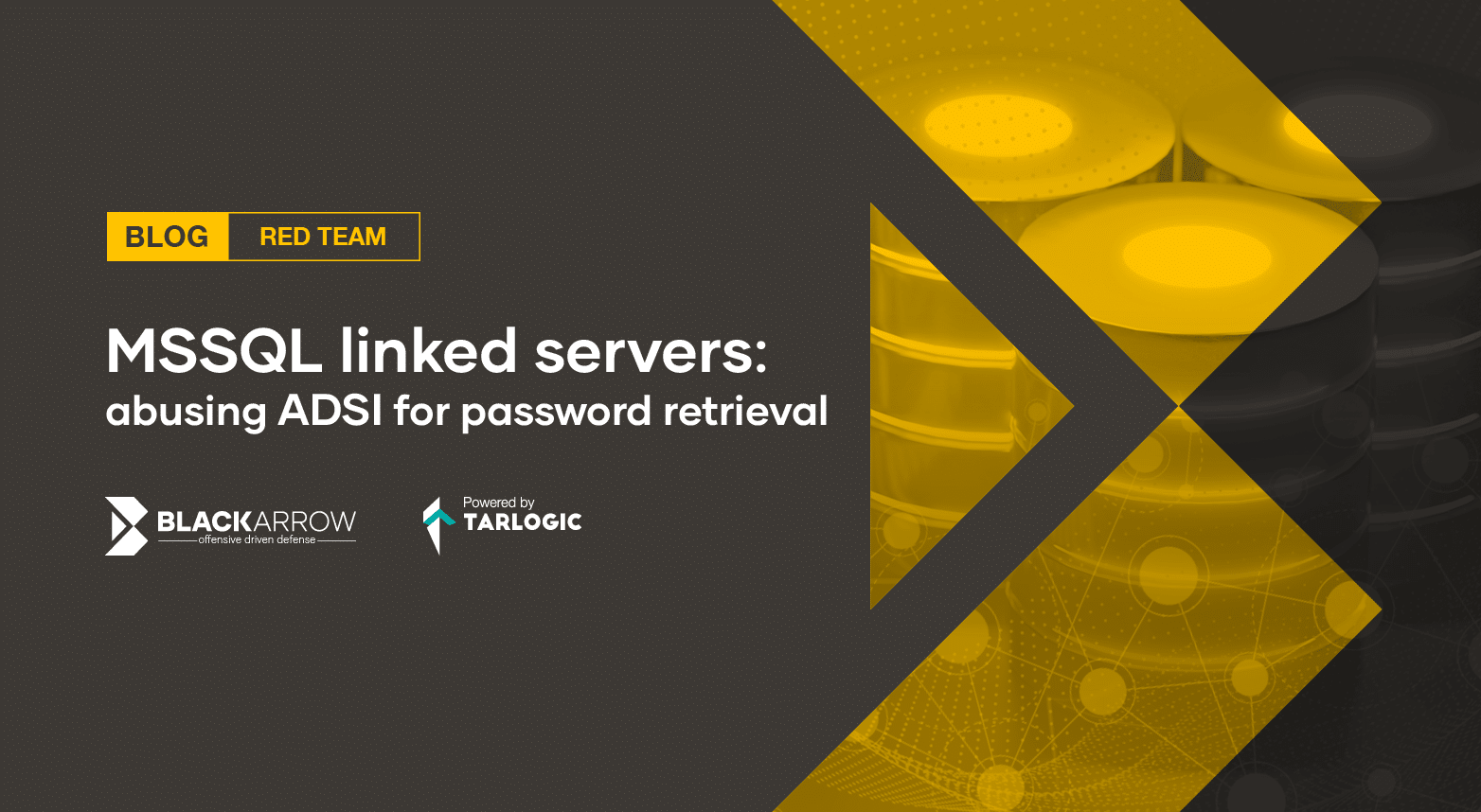
Cybersecurity experts
The digital universe is full of threats. As cybersecurity experts we are here to protect your company from all kinds of cyber attacks. We analyze vulnerable points and protect you against any current or future threats.
Website Security Audit
Verifying the security of web applications through a comprehensive audit can help protect the company from the risks and costs associated with security breaches.
Mobile app security testing
We assess your mobile apps' security and provide remediation guidance, ensuring your data stays safe and protected.
Penetration testing services
Around a hundred specialists work at Tarlogic conducting penetration tests to locate and remediate security weaknesses in your IT infrastructure.
Cybersecurity services
We audit your systems and protect them
Tarlogic is one of the leading European providers of cybersecurity services. A technical team of top-level specialists and state-of-the-art solutions to provide auditing, pentesting, vulnerability management, and incident response services.
Cybersecurity services

Red Team
Realistic cyber attacks to evaluate your defenses
Our experts simulate techniques used by real-world threat actors, attacking continuously and infiltrating stealthily into your company's critical systems to identify weaknesses in defensive layers and strengthen your security.
Red Team servicesCyber intelligence
Discovering threats while supporting your business
Custom threat intelligence methodology, aligned with Tiber-EU, NIS2, and DORA standards to provide high-quality information to your business strategy. Fraud prevention with pioneering solutions against phishing and digital piracy.
Cyber intelligence services

Threat Hunting - MDR Services
A tailored solution for each company
Threat Hunting, also known as Managed Detection and Response (MDR) service, is a proactive security service. Our team of experts continuously and in real-time tracks threats to your systems, identifying suspicious activities even when no alerts are triggered. We detect and contain threats before it's too late.
Threat Hunting servicesCYBERSECURITY PROFESSIONALS
CUSTOMERS PROTECTED
FLAGS CAPTURED
ASSETS AUDITED
INNOVATION PROJECTS

BlackArrow - Offensive security
Adversary Simulation
Continuously creating adversary emulations (Red teaming vs Threat Hunting) to fine-tune your defenses and protect your business information.
BlackArrow - Offensive securityOur Cybersecurity Blogs
Discover the latest articles on cybersecurity and cyberintelligence on Tarlogic's blog.
Cybersecurity blog

CVE-2024-3094: Backdoor in XZ Utils library
CVE-2024-3094 present in the XZ Utils library may allow an attacker to use malicious code to compromise the integrity of affected systems On March 29, a developer identified CVE-20[...]
Read moreBlackArrow blog

MSSQL linked servers: abusing ADSI for password retrieval
Introduction When we talk about Microsoft SQL Server linked servers, we usually think of links to another SQL Server instances. However, this is only one of the multiple available [...]
Read moreCyberintelligence blog

SIM swapping, when your phone, and your money, are out in the open
SIM swapping fraud, the lawless duplication of a cell phone card to impersonate a person’s identity, is growing. As a result, operators and banks are already reinforcing thei[...]
Read moreCiber for All cybersecurity blog

Tips for measuring the level of IT security in your company
Measuring a company’s IT security level is critical to detect and address weaknesses before criminals exploit them In early April, it became public knowledge that the US hote[...]
Read more
Our alliances
Our Partners / Technology manufacturers











